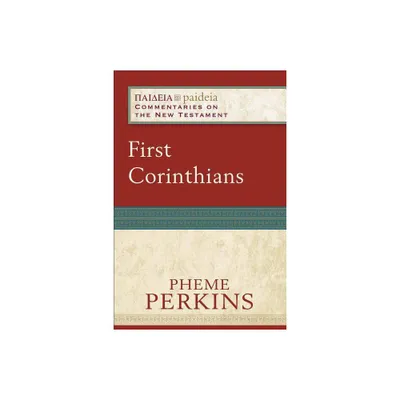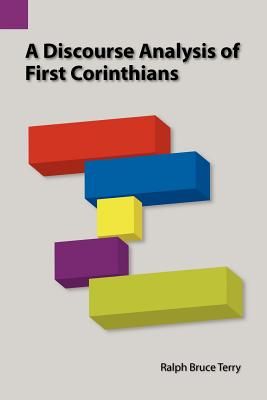Home
Resurrection Remembered: A Memory Approach to Jesus' First Corinthians
Loading Inventory...
Barnes and Noble
Resurrection Remembered: A Memory Approach to Jesus' First Corinthians
Current price: $180.00


Barnes and Noble
Resurrection Remembered: A Memory Approach to Jesus' First Corinthians
Current price: $180.00
Loading Inventory...
Size: Hardcover
*Product Information may vary - to confirm product availability, pricing, and additional information please contact Barnes and Noble
This book is the first major study to investigate Jesus’ resurrection using a memory approach. It develops the logic for and the methodology of a memory approach, including that there were about two decades between the events surrounding Jesus’ resurrection and the recording of those events in First Corinthians. The memory of those events was frequently rehearsed, perhaps weekly.
The transmission of the oral tradition occurred in various ways, including the overlooked fourth model—“formal uncontrolled.” Consideration is given to an examination of the philosophy and psychology of memory (including past and new research on (1) the constructive nature of memory, (2) social memory, (3) transience, (4) memory distortion, (5) false memories, (6) the social contagion of memory, and (7) flashbulb memory). In addition, this is the first New Testament study to consider the insights for a memory approach from the philosophical considerations of (1) forgetting and (2) the theories of remembering and from the psychological studies on (1) memory conformity, (2) memory and age, and (3) the effects of health on memory. It is argued that Paul remembers Jesus as having been resurrected with a transformed physical body. Furthermore, the centrality of Jesus’ resurrection in Paul’s theology suggests it was a deeply embedded memory of primary importance to the social identity of the early Christian communities.
New Testament scholars and students will want to take note of how this work advances the discussion in historical Jesus studies. The broader Christian audience will also find the apologetic implications of interest.
The transmission of the oral tradition occurred in various ways, including the overlooked fourth model—“formal uncontrolled.” Consideration is given to an examination of the philosophy and psychology of memory (including past and new research on (1) the constructive nature of memory, (2) social memory, (3) transience, (4) memory distortion, (5) false memories, (6) the social contagion of memory, and (7) flashbulb memory). In addition, this is the first New Testament study to consider the insights for a memory approach from the philosophical considerations of (1) forgetting and (2) the theories of remembering and from the psychological studies on (1) memory conformity, (2) memory and age, and (3) the effects of health on memory. It is argued that Paul remembers Jesus as having been resurrected with a transformed physical body. Furthermore, the centrality of Jesus’ resurrection in Paul’s theology suggests it was a deeply embedded memory of primary importance to the social identity of the early Christian communities.
New Testament scholars and students will want to take note of how this work advances the discussion in historical Jesus studies. The broader Christian audience will also find the apologetic implications of interest.


















